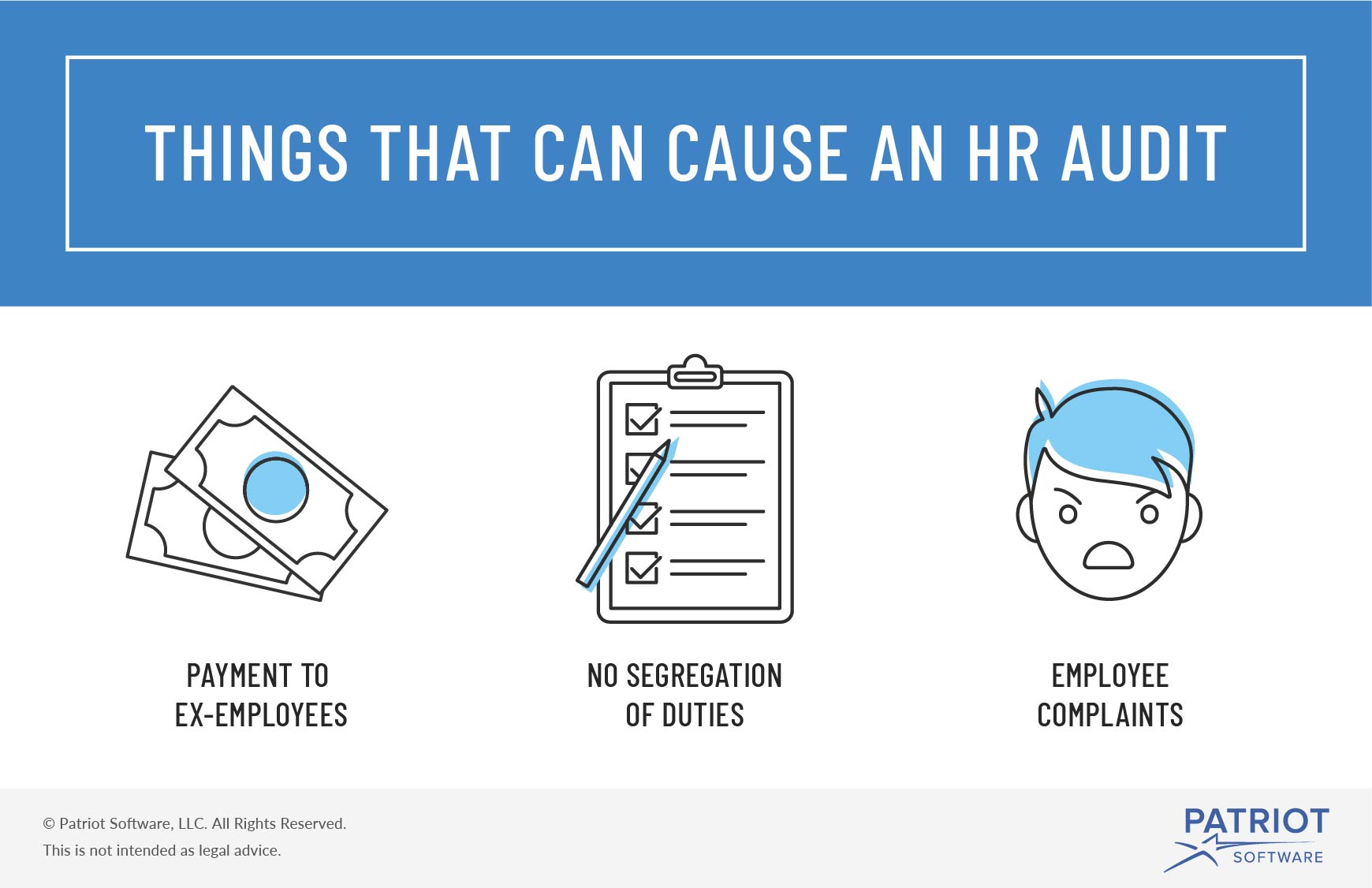A human resource audit, at its core, is ultimately a good thing—even though it may not seem that way in the moment. An HR audit is designed to help you properly identify whether or not your department’s practice areas are adequate, effective, and (most importantly) legal. Essentially, they allow you to take matters into your own hands and fix small problems today before they have a chance to become much bigger (and potentially more complicated) tomorrow.
After conducting an HR audit, you’ll have the actionable information you need to identify certain gaps that may exist in your current practices. You (or your human resources team, if applicable) are then in a better position to know exactly what you should focus on. You can prioritize fixes and other efforts to help eliminate regulatory violations, minimize the chances that you might get hit with a lawsuit, save a tremendous amount of money by getting rid of any inefficiencies that are uncovered, and much, much more.
Conducting your own HR audit can absolutely be a positive experience. Being forced into one by the Department of Labor, on the other hand, is a situation that you’ll probably want to avoid. It’s a situation that you’ll usually have little advance notice of. And, it can eat up a huge amount of your time that would be better serviced elsewhere.
So to that end, there are two major situations you may be dealing with. Your HR data may be telling you that it’s time to conduct an audit of your own … or it could be telling you that the conditions are right for an audit to take place whether you want it to or not. The important thing is to understand the ways that your HR data can induce an audit so that you can take corrective action as soon as possible.

1. Ex-employees and ongoing paychecks
One of the major ways that your HR data can induce an audit has to do with what happens if you discover that certain ex-employees are still drawing a paycheck—something that is obviously supposed to stop when their employment ends.
The laws governing paychecks and what happens when someone quits or gets fired are actually fairly clear in most states. The vast majority of states require you to give employees their last paycheck as soon as you can, which is sometimes on their last day of actual work. Other states will even require you to pay out money associated with any accrued (but unused) vacation days as well.
But the thing to understand is that violating these laws, even on total accident, can be incredibly costly. If people are still drawing a paycheck when they are no longer employees, there may not be much that you can do in the way of getting that money back.
It’s important to note that the reverse is also true. If you don’t pay your employee within the legal time frame dictated by your state, you may have to pay out penalties and interest as well as any attorney fees or legal costs associated with the techniques the employee had to use to actually get the money to which they were entitled. This also relates to mistakes that you don’t promptly correct.
The point of all this is that if your current systems are not where they need to be to maintain payroll security, you’re looking at perhaps the biggest reason why your HR data can induce an audit.
2. Duty transparency, or a lack thereof
Another major way that your HR data can induce an audit has to do with a situation where the segregation of duties aren’t transparent.
If you don’t have the appropriate segregation of duties in place, you’re really operating at a disadvantage every day. You have no real way to monitor someone’s performance because you’re not entirely sure what you’re supposed to be monitoring in the first place.
But, lack of transparency in this area also means that you don’t know what access people have in terms of data and intellectual property. This means that someone could easily get their hands on proprietary information that they shouldn’t. This, too, could spell trouble if an employee is about to leave your organization and leap into the open arms of a competitor—potentially taking client information and other critical data with them.
3. Employee complaints
Finally, your HR data can induce an audit if you are receiving a number of employee complaints on a regular basis. When people are not being paid for the work that they perform, or when their job descriptions don’t actually reflect what you’re asking them to do, it’s likely to lead to a complaint with the Department of Labor. That will likely lead to an investigation, which in turn will create an audit.
Because of this, always take all employee complaints seriously and respond to them as soon as you can. If applicable, your HR department needs to be trained to do the same. This is another one of those situations where the consequences of inaction are very severe.
In the end
It’s important to remember that ultimately, HR is the spine of your organization in more ways than one. Performing HR functions guarantees that your business has the agility and malleability it needs to support your ongoing strategy and goals. You or your HR team must establish the types of policies, procedures and best practices that will allow you to attract, recruit and retain top talent. These are among the reasons why, if your HR data is pointing towards a situation where an audit may become a foregone conclusion, it is absolutely in your own best interest to listen.
These views are made solely by the author.
